In the lush tropical regions of Southeast Asia, a fascinating fruit graces the landscape, captivating locals and visitors alike with its impressive size and unique flavor – the jackfruit. With its distinctive appearance, versatile culinary applications, and impressive nutritional profile, the jackfruit has earned its place as a tropical wonder, cherished not only for its taste but also for its cultural and economic significance.
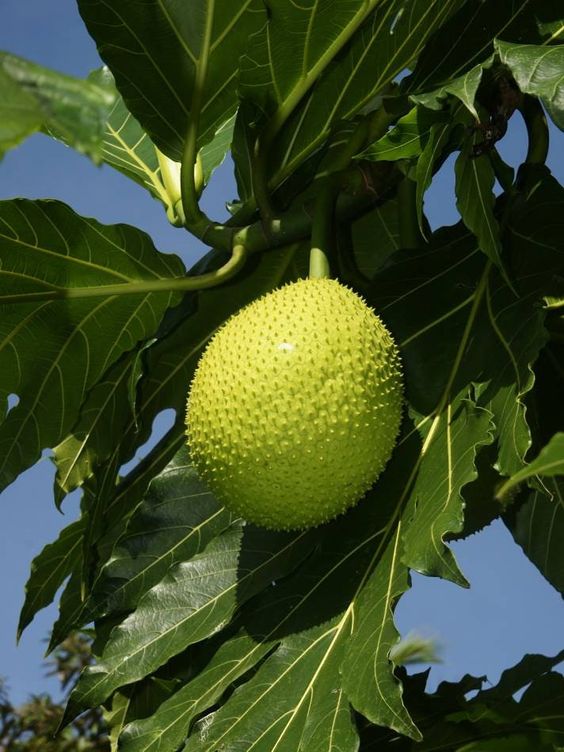
1. A Giant of the Fruit Kingdom
The jackfruit (Artocarpus heterophyllus) is the largest tree-borne fruit in the world, often reaching up to 80 pounds in weight and 3 feet in length. Its oblong shape and green, spiky exterior give it a distinctive appearance that makes it easy to recognize amidst the lush foliage.
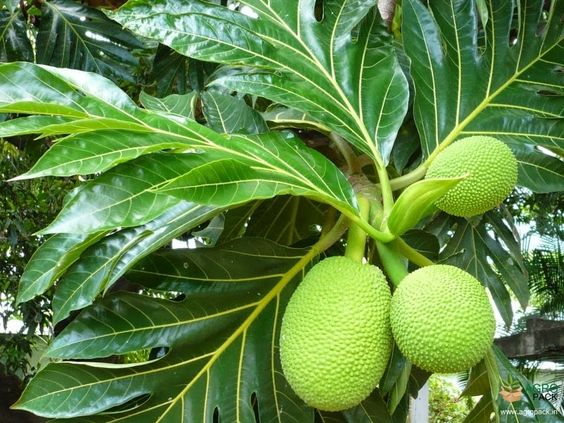
2. Culinary Delights
The culinary appeal of the jackfruit lies in its versatility. When ripe, the flesh of the jackfruit has a sweet and tropical taste, reminiscent of a blend of pineapple, mango, and banana. Its flavor has earned it the nickname “tropical bubblegum.” Ripe jackfruit is often enjoyed fresh, but it can also be used in desserts, smoothies, and even ice creams.
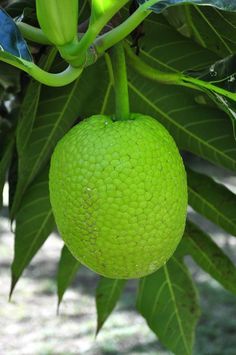
3. Unripe Jackfruit: A Meat Substitute
One of the most remarkable aspects of the jackfruit is its ability to serve as a meat substitute for vegetarians and vegans. When unripe, the young jackfruit has a neutral taste and a meaty texture that makes it an ideal ingredient for savory dishes. It is often used as a meat alternative in curries, stews, and tacos, offering a satisfying and nutritious option for plant-based diets.
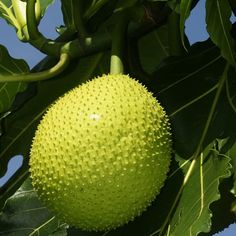
4. Nutritional Powerhouse
Beyond its taste and culinary applications, the jackfruit is a nutritional powerhouse. It is rich in vitamins, minerals, and dietary fiber, making it a valuable addition to a balanced diet. Additionally, the jackfruit contains antioxidants, which may contribute to overall health and well-being.
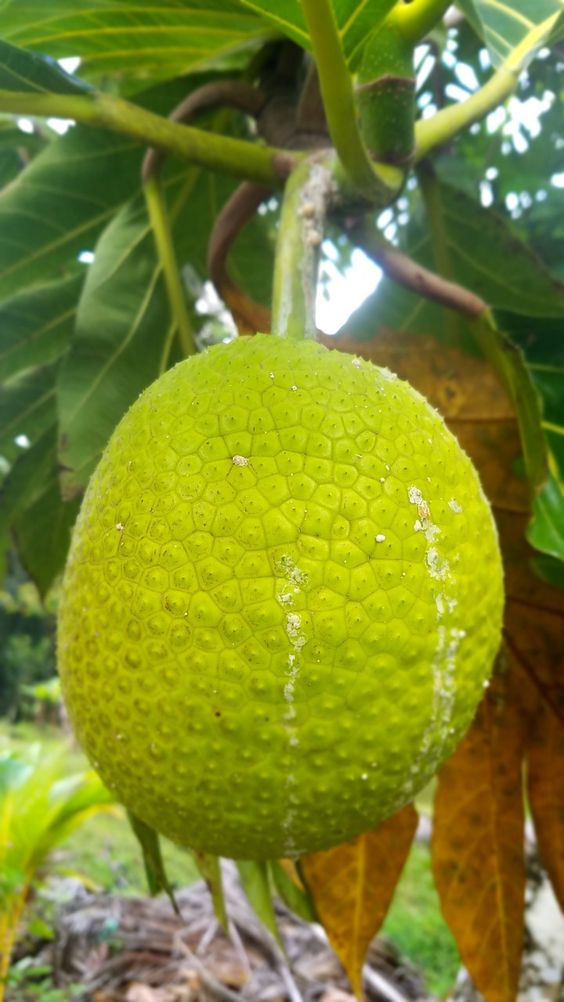
5. Cultural and Economic Significance
In countries like India, Bangladesh, and Thailand, the jackfruit holds cultural significance and is often considered a symbol of prosperity and abundance. Its economic importance lies in both its domestic consumption and export potential. As the popularity of plant-based diets continues to rise globally, the demand for jackfruit as a meat alternative has increased, providing economic opportunities for farmers and exporters.
6. Sustainable Crop and Climate Resilience
The jackfruit tree is known for its hardiness and adaptability to various climates, making it a valuable crop for sustainable agriculture. Its deep roots help prevent soil erosion, and it requires minimal maintenance, making it an attractive option for small-scale farmers.




